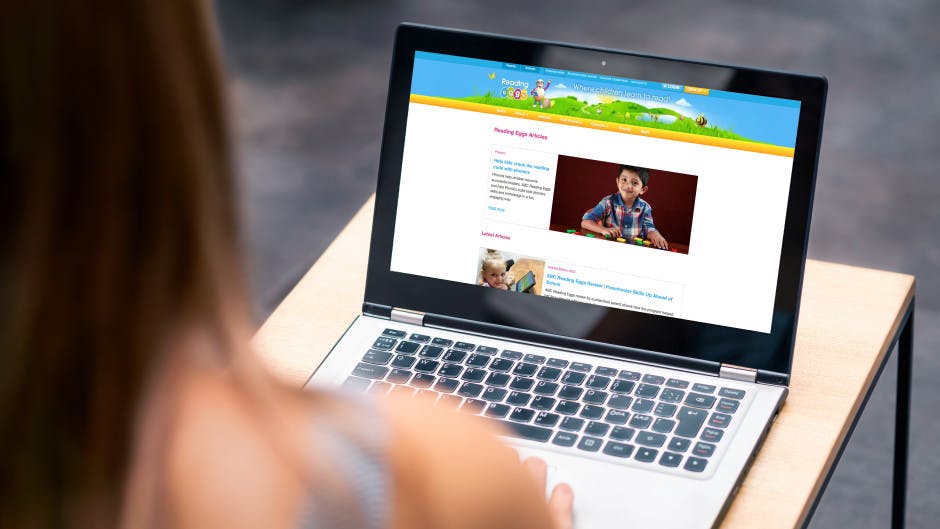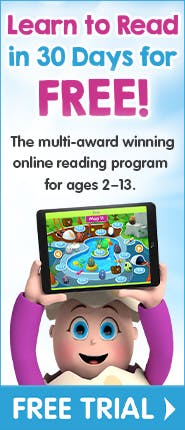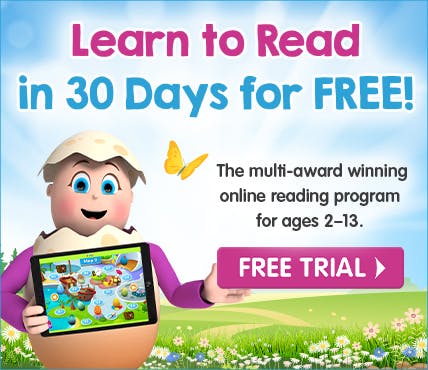


Learn to Read Tips

The importance of literacy in a child’s educational development and achievement cannot be emphasised enough. It’s a well-known fact that when kids learn to read, they acquire skills that lead to success in school, community and their eventual working life. The ability to read and understand a wide array of texts is essential to any educational pursuit. Students who meet with achievement and success early in their literacy journey are more likely to continue to make steady progress toward the desired end, which is fluency in reading.
The importance of literacy remains in no doubt, but what has become more apparent is just how complex the process of learning to read is. While it is easy to assume that kids will just ‘pick up’ reading over time, research has found that that is far from being the case. While some kids may have an easier time of reading than others, no young reader just ‘picks up’ reading. There is a complex set of skills that kids must acquire in order to become fluent readers.
Literacy skills are often thought to be innate, but perhaps this is assumed because these skills are invisible. As opposed to motor skills, such as learning to get dressed, or tie shoes, pour water, or build a fort, literacy skills are not always easy to see.
The proof of literacy skills, such as the ability to link letters and sounds, understand the meaning of words, and recognise and interpret punctuation marks, is in the actual reading of texts. You can watch a child try to tie their shoelaces and know whether they are getting close to it or not, but it’s rather difficult to peer into a child’s mind and see the actual thought process at work that comes before the accurate reading of a text.
Just what is involved for a child to learn to read? Researchers and educators have analysed countless reading programmes and have found that the most effective ones share five essential elements. These are:
Phonemic awareness
Phonics
Fluency
Vocabulary
Text comprehension
Phonemic Awareness
A word is rarely just a single sound. Most words are made up of a number of smaller units of sounds, called phonemes. For instance, the simple word ‘cat’ is made up of three phonemes, /c/a/t/. Phonemic awareness is the ability to hear, identify, and manipulate those individual sounds in spoken words in order to use the phonemes like building blocks to make new words.
Reading Eggs concentrates on phonemic awareness early in the programme. Strategies for developing phonemic awareness include structured activities using:
Nursery rhymes
Listening skills
Sound play
Alphabet books.
These lessons engage young readers in activities that help their phonemic awareness to develop and flourish. Later on in the programme, readers listen to words in order to discern the lesson’s focus sound. They work with onsets and rhymes, such as c-at, b-at, r-at, so that they become adept at breaking words into smaller parts. Being able to manipulate phonemes builds phonemic awareness skills, which, when combined with phonics, rapidly increases a student’s bank of readable words.
Phonics
Phonics instruction helps beginning readers to link letters to sounds (phonemes) in order to form letter-sound correspondences and spelling patterns. Children can use this strategy in their reading in order to see how letters and sounds relate.
Reading Eggs uses a synthetic phonics approach with lessons that map individual letters, or letter combinations, with their appropriate sound. Each letter of the alphabet is introduced in its own lesson which reinforces the relationship between letters and sounds. It also draws young readers’ attention to the alphabetic principle, that is the notion that sounds relate directly to the letters of the alphabet.
Fluency
Fluency enables readers to more quickly span the gap between recognising a word and understanding the meaning. It’s where the magic of reading takes place. Fluent readers spend less time sounding out and decoding words and more time on the meaning of a text. Researchers agree that repetition of reading activities is a very effective strategy for reading more fluently.
The Reading Eggs programme uses a range of strategies for reading fluently, such as:
Demonstrating the fluent reading of a book
Re-reading books
Comprehension activities
Vocabulary
Every child approaches reading with differing levels of vocabulary knowledge. Building a child’s bank of known words is a great strategy for improving reading.
Reading Eggs offers focused lessons that help build a child’s vocabulary, but also offers lessons in grammar and spelling as well. This not only builds up vocabulary, but also helps kids know both how to spell a word, as well as the invaluable skill of knowing how to use that word properly in a sentence. Instruction in these areas is another way that Reading Eggs offers kids great strategies for reading and writing.
Reading Eggs also accommodates children with a wide range of differing abilities; the programme is able to assist readers who may need extra help with vocabulary.
Text Comprehension
Strategies for assisting readers with text comprehension include teaching children how to:
Answer questions about a text
Ask questions of a text
Monitor their own comprehension
Use graphic organisers of a text (otherwise known as putting a jumbled-up text back in order)
Recognise story structure
The goal of every Reading Eggs lesson is getting kids to read real books. No lesson is taught in a vacuum. Every literacy skill is taught in order to help kids learn to read, and incentives and prizes are offered to help them enjoy the process of learning to read even more.
Testimonials
My children love Reading Eggs. They enjoy learning to read and spell with the lessons. My son struggled with other phonics programmes. But he loved Reading Eggs. Opening a new egg after each lesson kept him motivated to finish the programme.
- L. Taylor
Reading Eggs is wonderful for early and beginning readers. It’s very easy to operate and the children get to be independent learners at an early stage. They love to share their progress as they sit side-by-side in the computer lab, proud of their individual achievements. I highly recommend it to all teachers in other schools.
- Jenny Dyer, Mount Pleasant Primary


